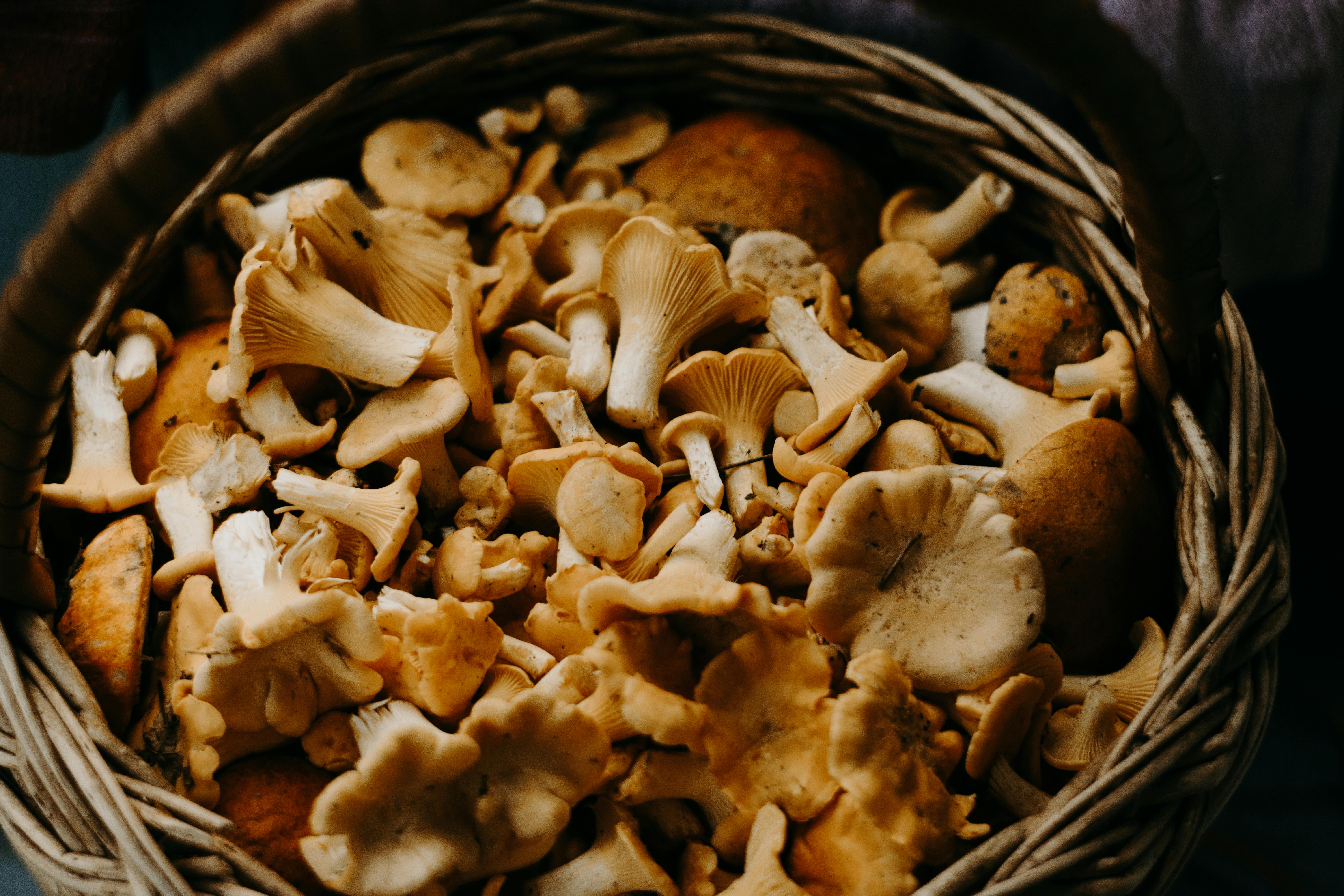
Top 5 Predators of Octopus You Should Know About
Octopuses are fascinating creatures that play a vital role in the marine ecosystem. However, they are not at the top of the food chain. Fascinated by their intelligent behavior and adept survival techniques like color camouflage and hiding, many underwater predators prey on them. Understanding who these octopus predators are is crucial for appreciating the complex interactions within marine habitats. This article will delve into the top five predators of octopus, examining their hunting techniques and ecological roles in the ocean.
Being aware of the ecological dynamics involving octopuses not only enriches our understanding of marine biology but also highlights the importance of conservation efforts aimed at maintaining the health of our oceans. Here's a roadmap of what we will cover:
- Overview of octopus predators
- In-depth analysis of each predator
- The ecological significance of these interactions
- Protection strategies for octopuses
- Future challenges faced by octopus and their predators
Get ready to dive into the world of marine predation as we explore the top five predators of octopus!
Understanding the Ecosystem: Octopus and Its Predators
Before we explore individual octopus predators, it’s essential to set the stage for understanding the marine ecosystems in which these relationships exist. The ocean is a diverse environment where various species interact, forming intricate food webs. Octopuses serve both as predators and prey, making them a critical species within their ecological niche.
As adaptable creatures, octopuses display remarkable behaviors that aid in their survival. They utilize their body structure to blend into their surroundings and avoid being spotted by potential threats. However, their vulnerabilities are often exploited by several marine life forms. Now, let’s focus on the various predators that interact with octopuses.
Sharks: Apex Predators of the Ocean
Sharks are undoubtedly among the most significant predators of octopus. With their keen sense of smell and acute hunting skills, these apex predators efficiently hunt for their food.
Sharks tend to target octopuses, particularly the larger species, due to their nutritional value and availability in coastal waters. This predation is part of a broader pattern of shark feeding behaviors, where they maintain the balance within the marine ecosystem. There are various species of sharks that consume octopus, including the formidable Great White and Hammerhead sharks.
Some sharks actively hunt near the ocean floor, utilizing their ability to swiftly detect movement. They can capture an unsuspecting octopus using a variety of hunting techniques, including ambushing or following scent trails.
Despite their predatory nature, sharks play an essential role in the oceanic food chain. Their presence regulates populations of species like octopuses, ensuring a balanced ecosystem.
Dolphins: Intelligent Hunters
Dolphins showcase a unique predatory approach to hunting octopuses, utilizing their intelligence and social structures. These marine mammals are known for their sophisticated communication and teamwork, which they employ while hunting.
When hunting octopuses, dolphins have been observed using various tactics, such as driving them out of their hiding spaces or stunning them with quick clicks and whistles. This behavior underscores the dolphins' strategic thinking and understanding of octopus behavior.
In addition to dolphins, other marine mammals such as seals and sea lions also target octopuses as a food source. The interactions between these predators and octopuses are prime examples of the dynamic relationships within the ocean.
Seabirds: Aerial Predators
Seabirds, including herons and gulls, are common predators of smaller octopuses or juvenile species. These birds often hunt in coastal areas where octopuses are likely to hide among rocks and reefs.
Seabirds exhibit excellent hunting skills, utilizing their keen eyesight to spot an octopus from above. Once located, they swiftly dive down and use their strong beaks to grab their prey. In areas where octopus population densities are high, seabirds can significantly impact their numbers.
This predator-prey relationship highlights the interconnectedness of different species in the marine ecosystem. Seabirds contribute to ecological balance by controlling octopus populations, ultimately affecting the broader marine food web.
Large Fish: The Silent Hunters
Among the marine hunters, large fish such as barracudas and groupers also prey on octopuses. Their hunting efficiency is often attributed to their size, speed, and predation techniques.
These fish capitalize on the octopus's temporary vulnerabilities, particularly when octopuses are out in the open or not adequately camouflaged. Large predators depend on stealth and sudden bursts of speed to capture their prey.
In many cases, fish can detect the disturbances caused by octopuses in the water, encouraging them to take swift action. Their ability to unearth octopuses from their hiding spots demonstrates the diverse hunting strategies present in the oceanic predator community.
Crabs and Other Cephalopods: Unconventional Predators
While crabs are often seen as prey for octopuses, they can also become predators when the opportunity arises. Larger crabs tend to attack smaller octopuses, particularly when scavenging for food. This less conventional predation is indicative of the complex dynamics within marine habitats.
Other cephalopods, particularly larger squid and even other octopus species, may hunt smaller octopuses. These cannibalistic interactions highlight the competitive nature of the marine food web.
As these predatory relationships unfold, they emphasize the need for further understanding of octopus behavior and their survival strategies amidst various threats.
The Importance of Understanding Octopus Predators
Understanding who the natural enemies of octopus are is vital for multiple reasons. Firstly, it sheds light on the complexity of marine ecosystems and their ecological balance. Each predator plays a role in controlling octopus populations, which in turn impacts species diversity and health in aquatic environments.
This knowledge is essential for conservation efforts aimed at protecting both octopuses and their predators, as disruptions in any part of the food chain can have cascading effects throughout the ecosystem.
Moreover, studying these interactions can lead to greater awareness of the challenges faced by marine life, such as habitat loss and human interactions. For example, overfishing can significantly affect predator populations, which could further threaten octopus numbers.
Awareness can drive efforts in marine conservation, ensuring that these unique species continue to thrive and play their critical roles in ocean ecosystems. By fostering a deeper understanding of these predator-prey relationships, we can work toward a more sustainable future for our oceans.

Conservation Efforts and Challenges Ahead
While octopuses face various predators in their natural habitat, modern challenges exacerbate their vulnerabilities. Human-induced changes, such as habitat destruction, pollution, and climate change, pose severe threats not only to octopus populations but also to their predators.
Effective conservation strategies involve protecting critical habitats and maintaining biodiversity. Additionally, promoting responsible fishing practices can help mitigate the adverse effects of overfishing on octopus and their predators.
Research initiatives aimed at understanding octopus behavior and their ecological interactions have become increasingly important for informing conservation practices. Marine biologists and conservationists continue to study the intricacies of octopus ecosystems, shedding light on how best to protect these remarkable creatures.
Education on sustainability and the importance of preserving the marine food web is crucial for fostering a more conscious community regarding ocean health.
Conclusion: The Balance of Marine Life
The predators of octopus play vital roles in shaping underwater ecosystems. By understanding the interactions between octopuses and their various predators, we gain insight into the marine food web's complexities and the importance of each organism within it. The balance maintained through predator-prey dynamics contributes to a healthy ocean environment.
As we move towards a future that prioritizes marine conservation, awareness of these relationships will help preserve aquatic biodiversity and ensure that octopuses and their predators thrive in our oceans. We encourage all readers to learn more about ocean conservation initiatives and consider how they can contribute to a sustainable marine ecosystem.
